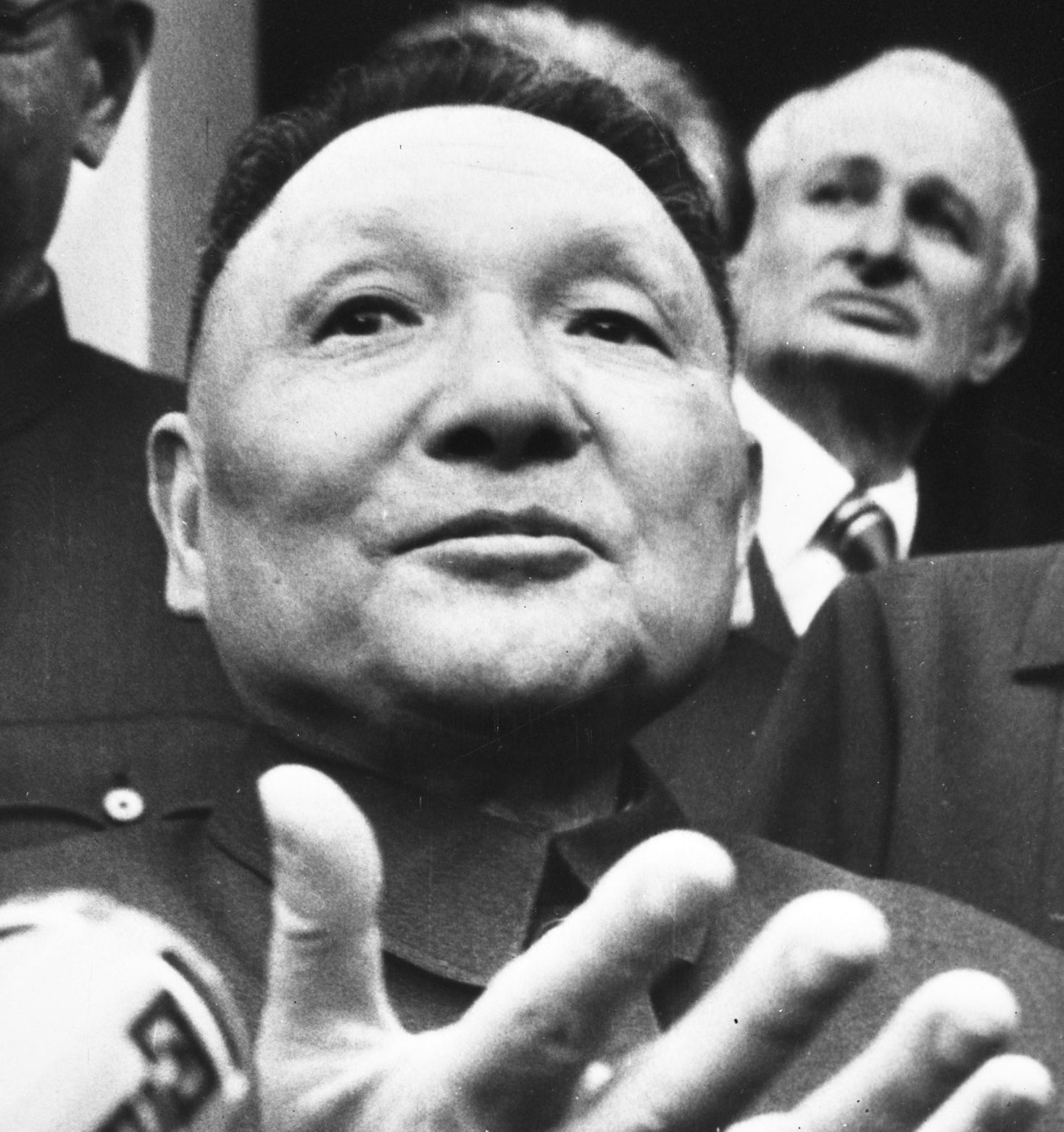
🐉 Opened or closed will determine China's future success
An increasing number of people think the future belongs to China. Interestingly, that’s what well-informed pundits assumed 1,000 years ago as well. The reason that those predictions turned out wrong tells us something important about China’s prospects this time.
Share this story!
A millennia ago, at a time when Europe was considered so much of a backwater that much of it was not even worth raiding, the Chinese already navigated with the nautical compass, read books printed with moveable type and fought with gunpowder.
The three inventions that Karl Marx, writing in the 1860s, credited with having ushered in Western capitalism.
The Song dynasty had turned China into an open, cosmopolitan empire with bustling commerce. Scholars were free to explore new knowledge, and businessmen free to experiment with new business models. China became the place where the best talents and the craziest ideas met and instigated rapid growth and innovation. By the late 11th century, iron output from China was almost as much as the whole of Europe produced in 1700.
Some scholars think that Song China was on its way to an industrial revolution. Why did that not happen?
The simple answer is military invasions and black death. But that is not the whole picture. Armies or microbes do not kill ideas. The most devastating factor was rather China’s response to the invasions and black death: a loss of cultural self-confidence and radical turn inwards.
The Ming dynasty that took power in 1368 portrayed itself as defenders of stability and order. It abandoned innovation, banned international trade and destroyed the greatest fleet the world had ever seen. A Ming emperor even decreed that citizens should restore clothes to what they had been 500 years earlier, to make China great again.
But the only great thing Ming accomplished was the Great Wall. Their anti-modern revolution was the beginning of a long decline that turned the world’s most advanced civilization into a miserably poor country, attacked and humiliated by European powers in the 19th century.
China would only return to the world scene when its economy was once again opened up in the late 20th century.
Let the flies in
Many believe that this recent economic and technological rise was engineered by wise planners in the all-powerful Communist Party. That is a misunderstanding.
The changes that began to dismantle the Maoist command economy did not emerge from planners, but starving villagers. Peasants in Xiaogang in Anhui province started to privatize their land in secret in December 1978, an initiative that spread to other provinces like chicken pest, as one farmer put it. Other villagers started small shops and businesses operating outside the plan and developed a pricing system.
The rulers’ contribution was to acknowledge the success of these initiatives and give them its official seal of approval under Deng Xiaoping, who famously said that opening China’s windows might let some flies in, but that is better than expiring from lack of air.
This policy of “Reform and Opening-up” is what revived China. However, the reforms stopped in the 2010s, and under Xi Jinping, they have begun to reverse.

The paradox of China
There is a paradox at the heart of the Chinese development model.
When the Communist Party sees something it likes, it acts like Song, but when it comes across something it doesn’t like or understand, it behaves like Ming.
Businesses that produce something the rulers want are handsomely rewarded, but if a doctor reveals a new coronavirus or a tech titan is too successful, they are destroyed.
Dictators don’t like surprises. And that is why sooner or later, their societies stagnate. Thriving, innovative economies rely on experiments, feedback and trial and error, and they are unpredictable by nature.
Those who want to shut down everything that seems worthless, impossible, or stupid will find that when they’ve exhausted innovations to imitate, that is the only place to find new ones.
There is a real risk that the authoritarians within the communist party will win.
In that case, China will lose. Again.
Johan Norberg is a author of several bestselling books, the latest Open: The Story of Human Progress. He has made several documentaries, and over 170 episodes of YouTube sensation Dead Wrong.
He is also a Warp Premium Supporter.
By becoming a premium supporter, you help in the creation and sharing of fact-based optimistic news all over the world.


